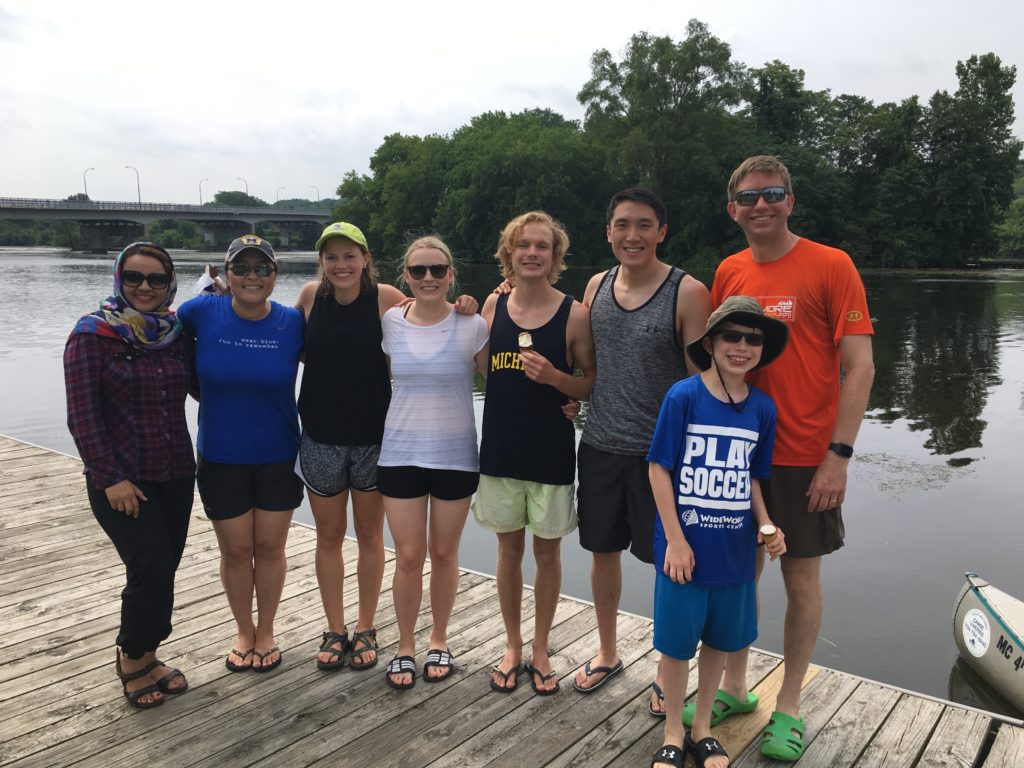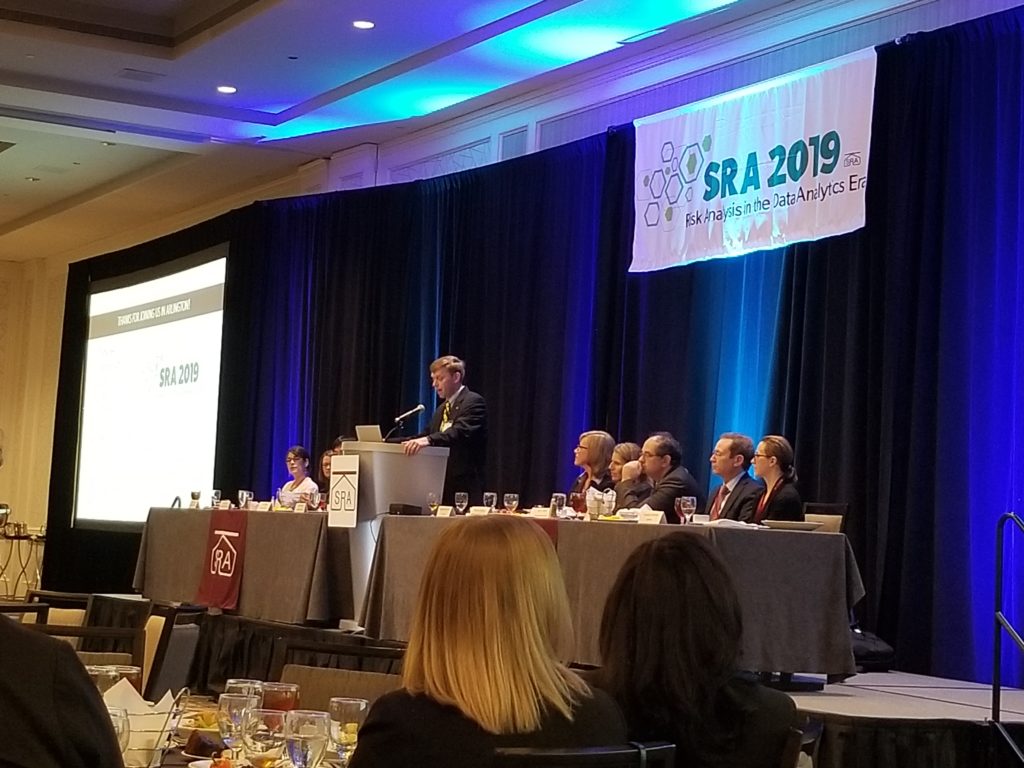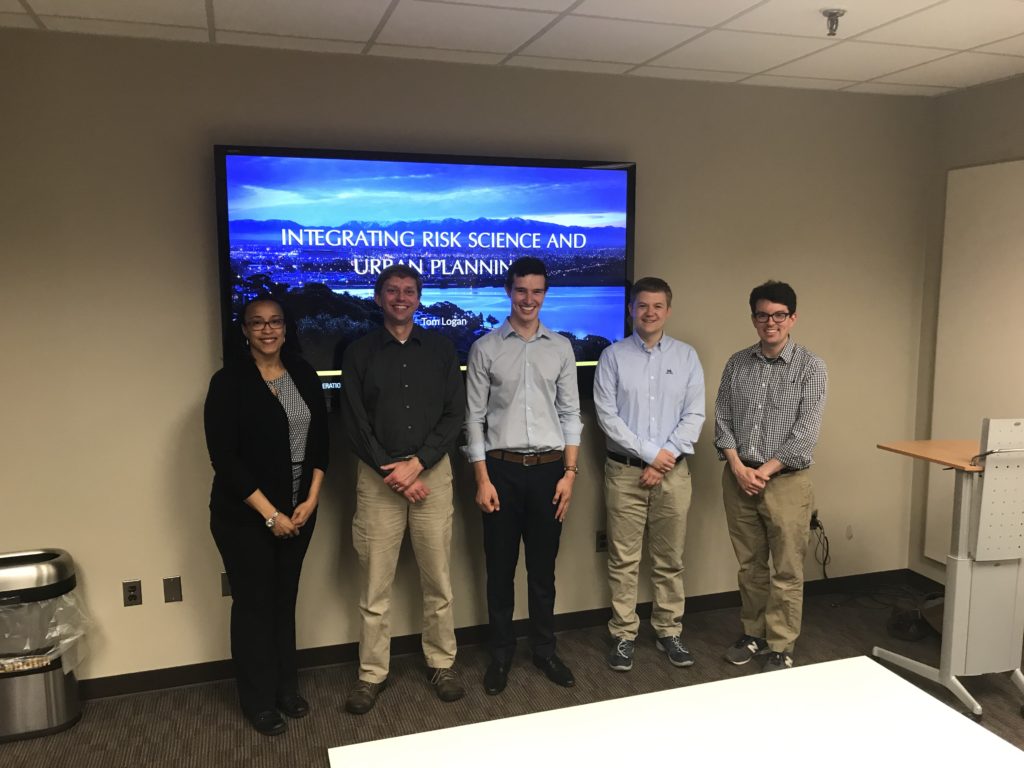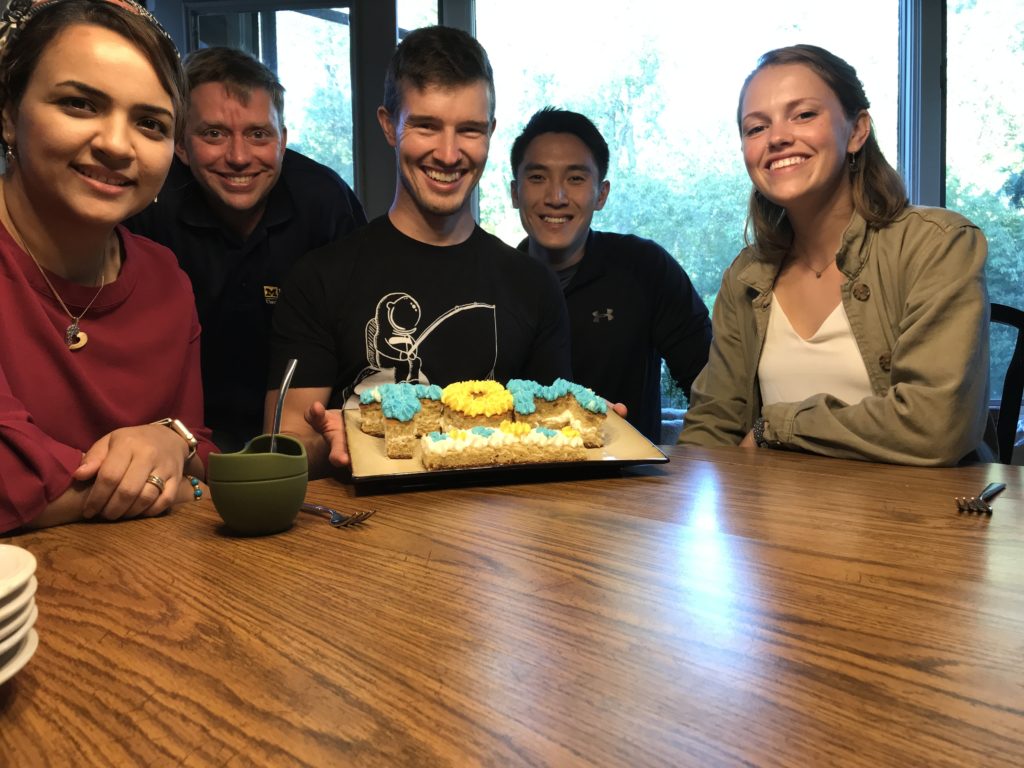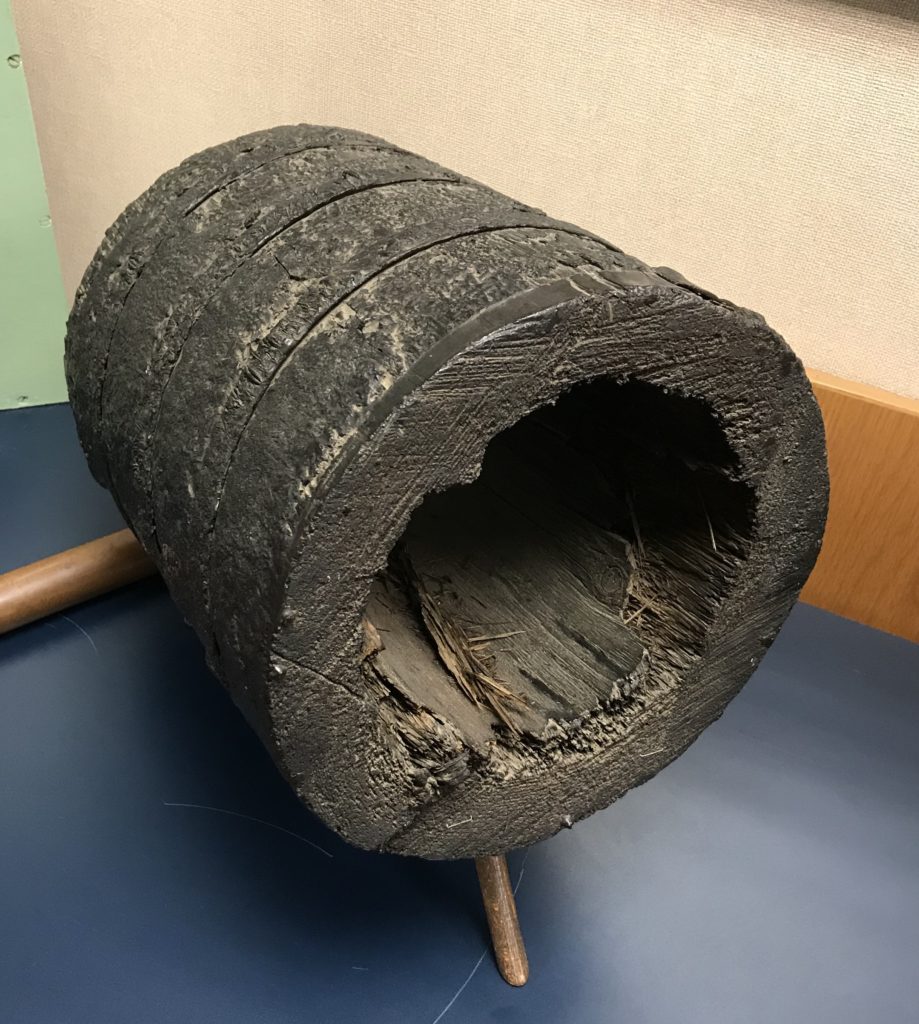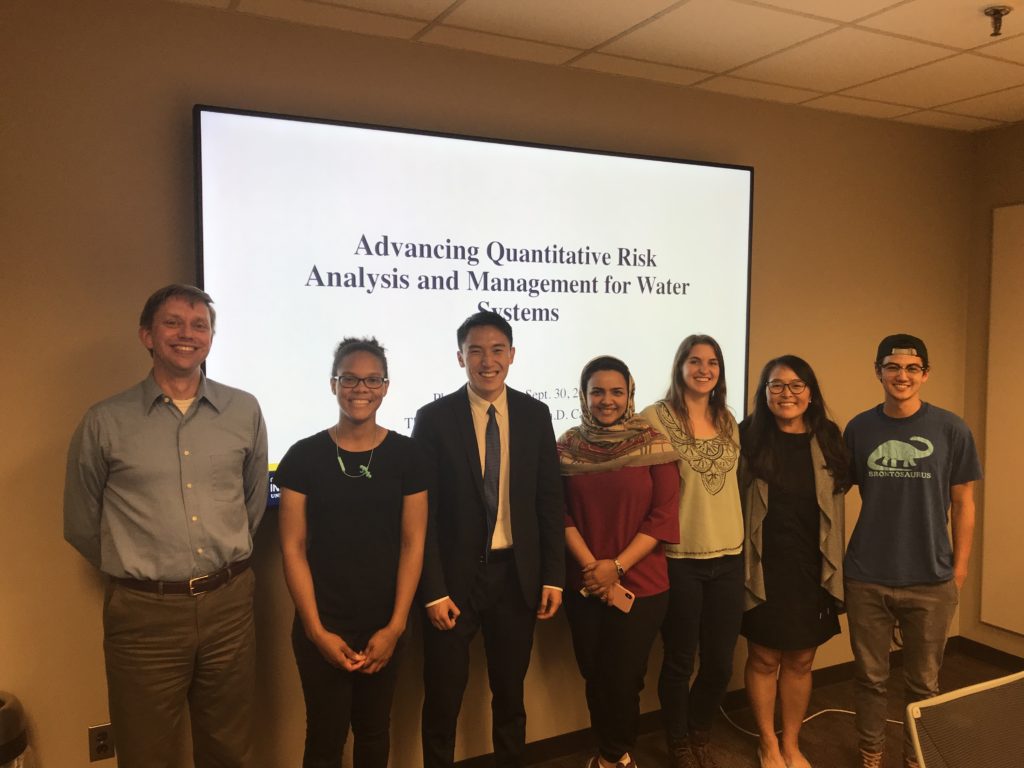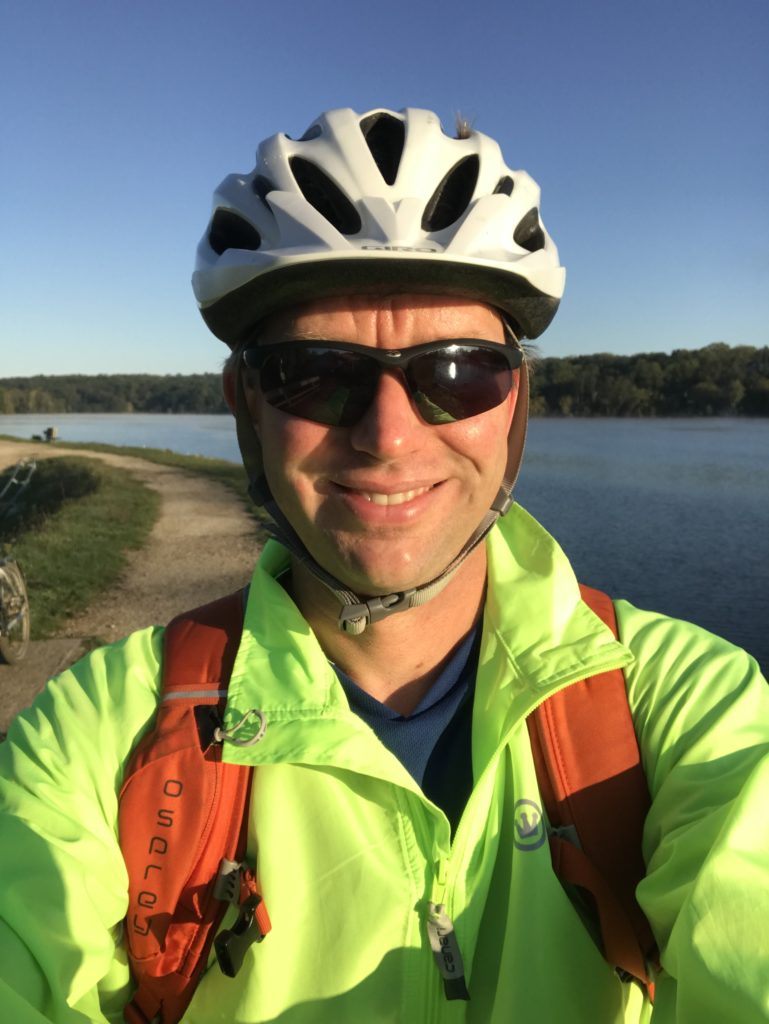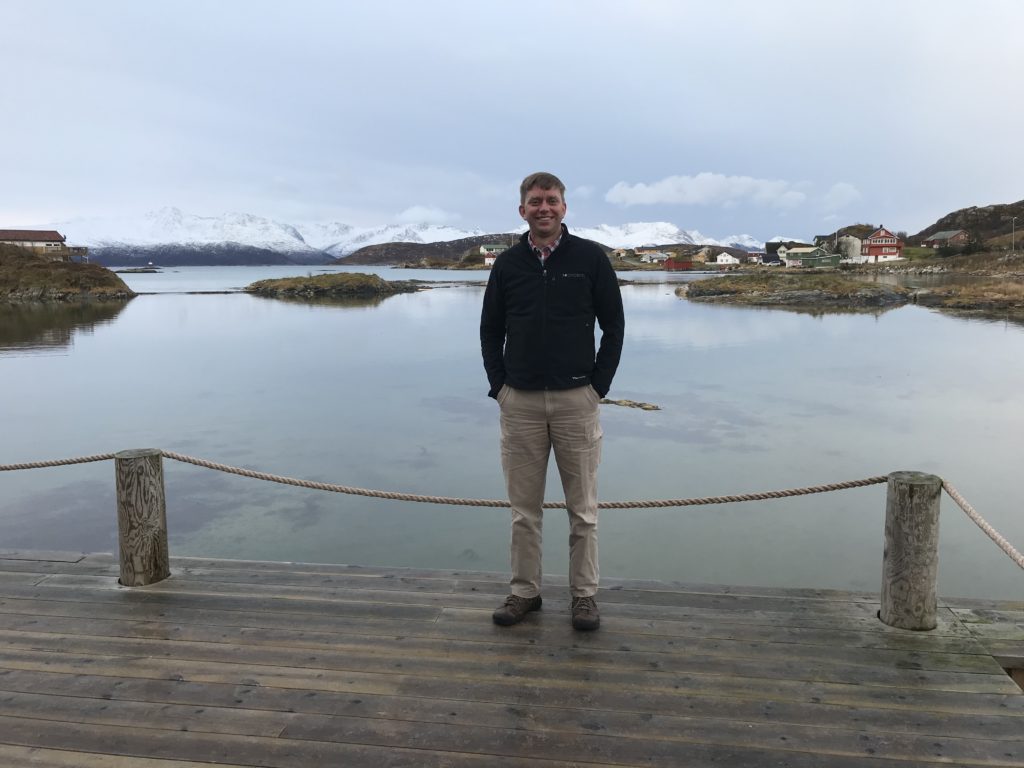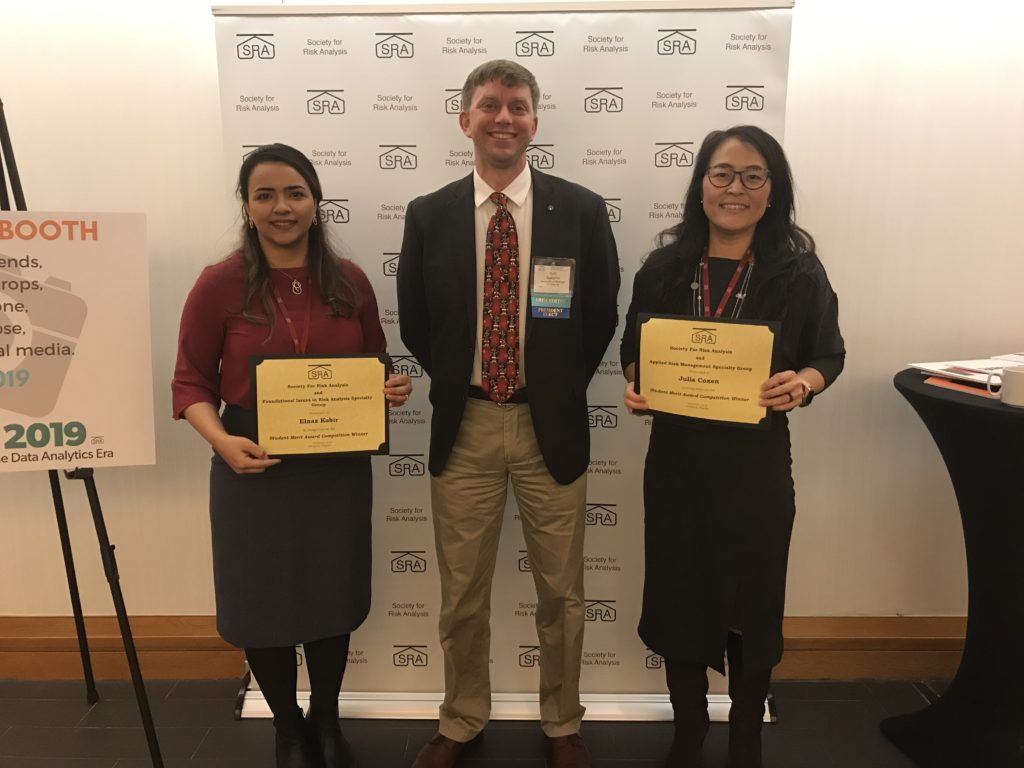The research in Professor Guikema’s research group is focused on issues of resilience, risk, sustainability, and equity, particularly in areas prone to significant natural hazards. Methodologically, the group’s research is grounded in and advances risk analysis, predictive machine learning, agent based modeling, stochastic simulation, and decision analysis. Our work is a mix of developing and testing new methods and applying methods to better understand problems of societal importance. Much of what we do is strongly interdisciplinary. Recent work in the group has been funded by the National Science Foundation, Department of Energy, the Defense Advanced Research Projects Agency (DARPA), state transportation departments, private electric power utilities, other industry partners, and internal University of Michigan organizations.
A particular recent focus in the group has been on developing methods to estimate community resilience, and particularly equity in community resilience, at a fine spatial scale within a community. Initial papers in this area are those by Tom Logan and Professor Guikema, a paper by Chengwei Zhai and Professor Guikema, and a paper by Tim Williams, Seth Guikema, Dan Brown (UW), and Arun Agrawal.
Another ongoing focus is developing better methods for incorporating behavior into risk and resilience models for natural hazards. This is particularly important for areas that experience repeated hazards such as tsunamis, floods, and hurricanes. Some of the work the group has done in this area include papers by Logan, Guikema, and Bricker, Williams, Guikema, Brown, and Agrawal, Reilly, Guikema, Zhu, and Igusa, Reilly, Dillon, and Guikema, Zhai, Reilly, and Guikema, and Reilly, Tonn, Zhai, and Guikema among others.
The research group has also had a long-running set of projects to develop power outage forecasting methods. These methods are in use in several major utilities, and the federal government uses our model output for hurricane response planning. This work has led to nearly 20 journal paper, with three examples being a paper by Elnaz Kabir, Seth Guikema, and Steven Quiring, a second paper by these same authors, and a paper led by Sara Shashaani, then a postdoc. in the group.
A fourth ongoing focus of research that is a bit different is work on human trafficking, particularly on human trafficking associated with illicit massage businesses. Two recent papers give a sense of this work, one by White, Guikema, and Carr a the other by Coxen, Castro, Carr, and Guikema.
While the group has done a considerable amount of research developing and implementing predictive machine learning models for 15+ years, a somewhat more recent research focus has been a high-level analysis of the risk associated with AI and the role of AI in risk analysis across multiple application domains. Some examples of this are a recent paper by Stødle, Flage, Guikema, and Aven, a paper by Guikema, a paper by Swanson, Zelner, and Guikema, and a recent paper by a large interdisciplinary research team focused on trustworthy AI that Dr. Guikema participated in.
The group has a number of other ongoing projects as well that span evacuation modeling, transit modeling, locational analysis, and the resilience of small holder farmers. What unites this diverse set of research is a firm grounding in risk analysis, predictive modeling, and behavioral modeling.

